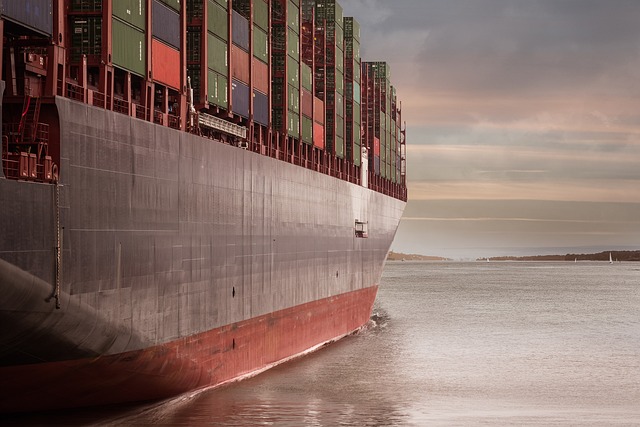-
No foreign shipowner has so far applied to operate in the Philippine domestic trade following amendment of the Public Service Act
-
Maritime Industry Authority deputy administrator for operations Engineer Nannette Dinopol said less than five companies have applied to MARINA for accreditation as maritime enterprise
No foreign shipowner has so far applied to operate in the Philippine domestic trade following amendment of the Public Service Act (PSA), according to an official of the Maritime Industry Authority (MARINA).
And less than five companies have applied for accreditation as maritime enterprise with the MARINA, deputy administrator for operations Engineer Nannette Dinopol said in a speech during the Philippine Inter-Island Shipping Association’s Kapihan forum on September 12.
In a separate interview with PortCalls at the sidelines of the forum, Dinopol, however, said “we heard that there are interested investors na (already).”
Signed into law in March 2022, Republic Act (RA) No. 11659, or An Act Amending Commonwealth Act 146 otherwise known as the PSA, relaxes foreign ownership restrictions in certain industries, including domestic shipping.
READ: Duterte signs amended Public Service Act
RA 11659 identifies public utilities as follows: distribution and transmission of electricity; petroleum and petroleum products pipeline transmission systems; water pipeline distribution systems and waste water pipeline systems, including sewerage pipeline systems; seaports; and public utility vehicles.
Any industry not on the list of identified public utilities will remain as a public service and will be liberalized and not be bound by the 60%-40% ownership principle under the Constitution.
Domestic shipping is one of the public services no longer considered a public utility, hence open to 100% foreign ownership.
Dinopol said MARINA has updated its policies so they can be consistent with RA 11659. This is in keeping with the implementing rules and regulations of RA 11659, which states that relevant government agencies should revise their rules, regulations, guidelines, and issuances within six months upon effectivity of the IRR.
She said the MARINA Board in its last meeting had already approved the new regulations and will publish them in less than 30 days.
Dinopol said foreign shipping companies wanting to operate in the domestic trade will have to comply with regulations that local shipping companies adhere to, such as ship registration, securing an authority to operate, and employment of 100% Filipino crew.
“So this is a challenge as well for the investors that want to operate in the domestic inter-island trade,” Dinopol noted.
PISA president Mark Matthew Parco earlier said foreign players that will enter the domestic shipping scene will also be facing the same problems local players are experiencing.
These include lack of economies of scale as the country’s trade volume is small; port infrastructure issues forcing shipowners to use vessels with gears, resulting in slower productivity and higher costs; poor road infrastructure to and from the ports translating to higher trucking rates; and regulatory challenges such as having to deal with multiple agencies, high fuel taxes, regular tariff increases, mandatory pilotage, and various new policies that add to administrative costs. – Roumina Pablo





